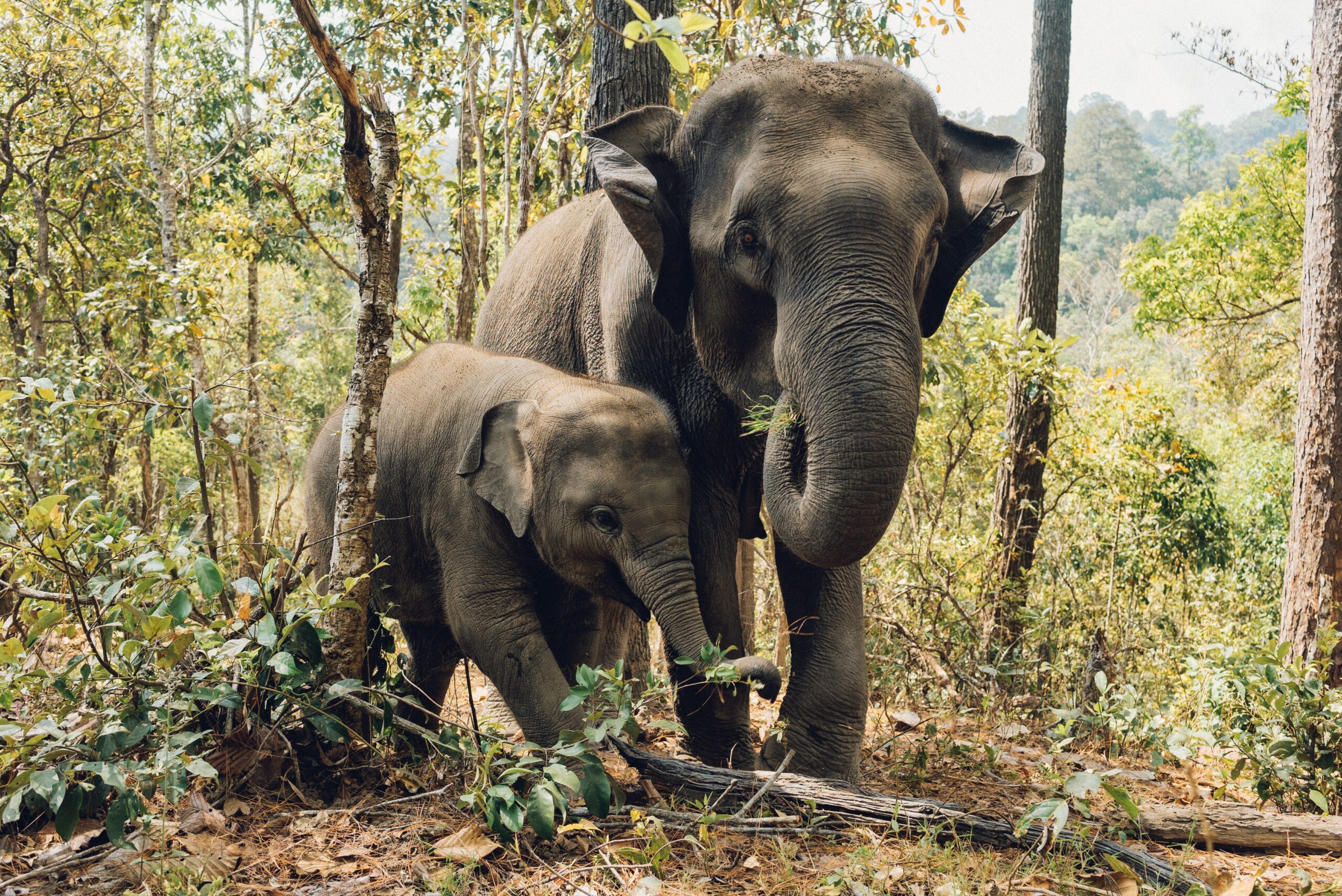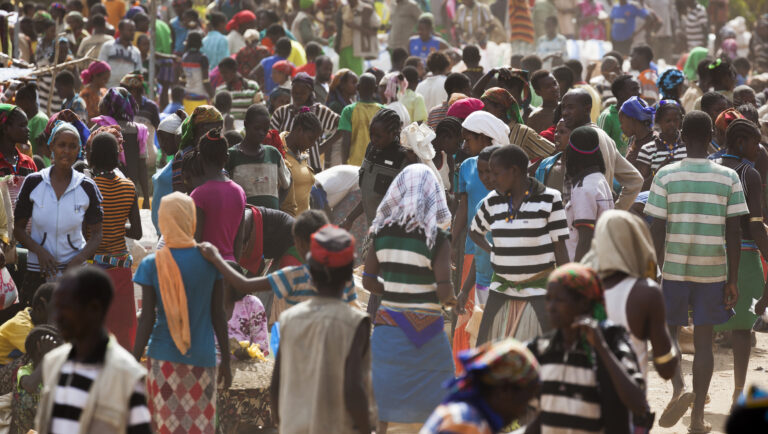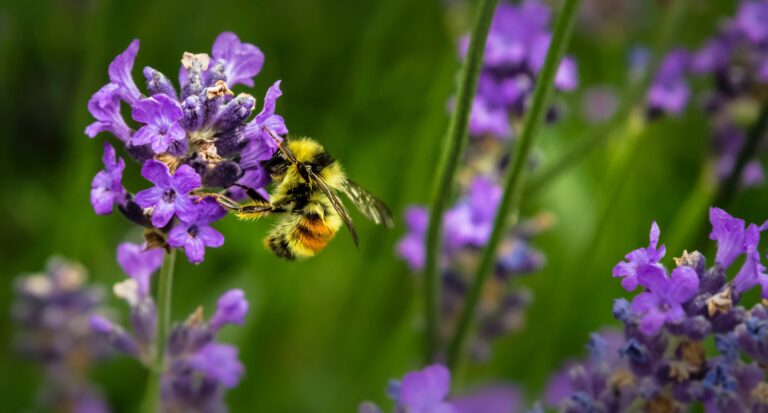
Wildlife habitat crumbling under weight of human footprint
A new study shows that the majority land-dwelling vertebrate species are now under intense human pressure due to population growth and land use change.
The study, published in Global Ecology and Conservation, examines the human footprint across a wide range of factors to establish the impact on more than 20,000 species of mammals, birds and amphibians.

For 85% of all species assessed, more than half of their range is under ‘intense human pressure’, meaning the land has been significantly altered from its natural state. For more than 3,000 of these species, their entire habitats are exposed to this degree of damage, signifying a high risk of extinction.
Out of all vertebrates on land, amphibians were shown to be worst affected, with almost half of species having no portion of their range free from intense human pressure.
Last year’s landmark UN report on the global state of biodiversity showed that one million species are now threatened with extinction, primarily due to habitat destruction which is largely driven by our unsustainable population growth. The report revealed that a staggering three-quarters of land areas and two-thirds of marine areas have been severely damaged by human activity.
As overexploitation, climate change, pollution and invasive species are additional important drivers of biodiversity loss but were not included in this human footprint analysis, the authors claim their estimates are conservative.
Targets missed
Biodiversity is supposed to be protected by the Convention on Biodiversity, an international framework similar to the more well-known convention on climate change. The Convention’s Aichi Biodiversity Targets, which aimed to slow extinctions and habitat loss before 2020, have not been met and with the world population expected to grow by an additional 3 billion people by the end of the century, the erosion of life on Earth will worsen unless we drastically change our trajectory.
Several key international meetings on the environment are taking place this year – world leaders must commit to ambitious action to end overconsumption of resources and stabilise the human population at a sustainable level.



